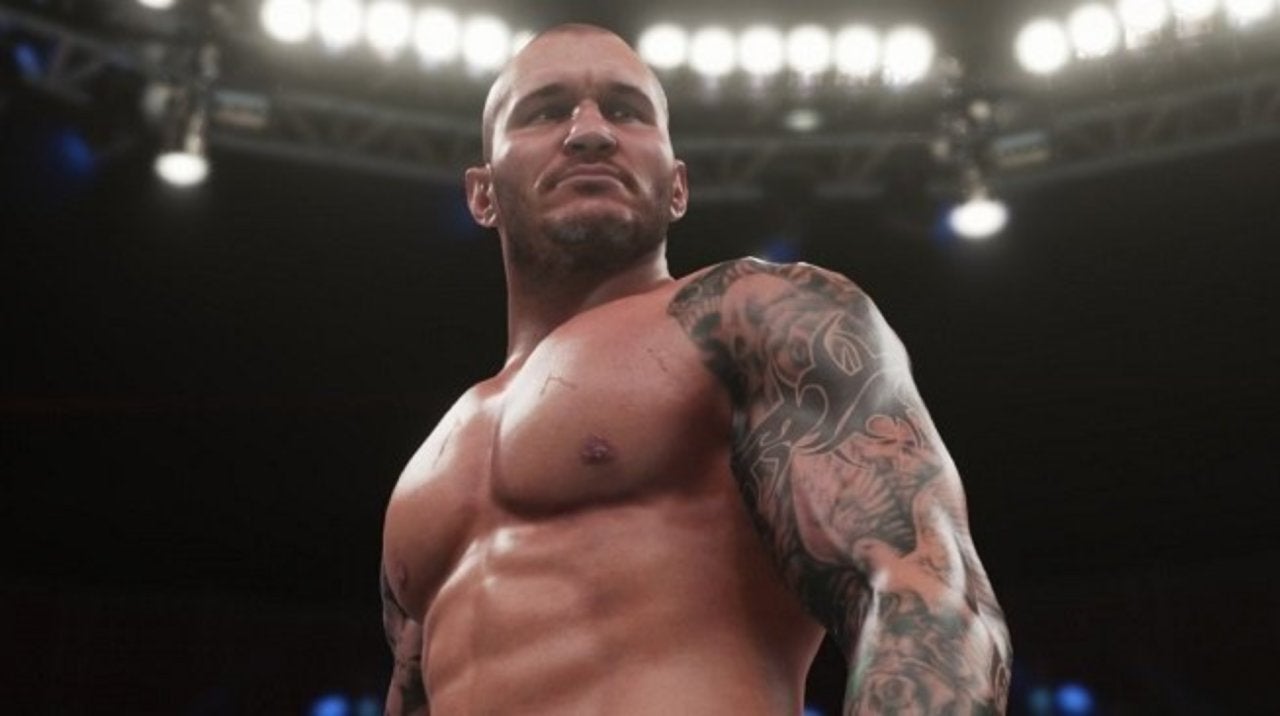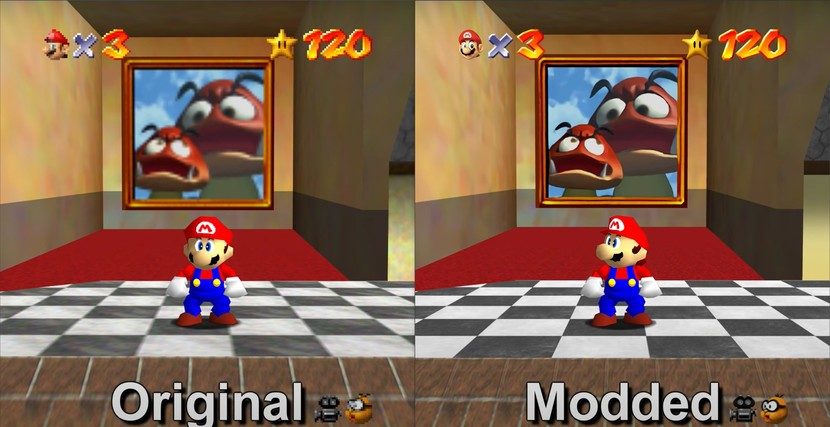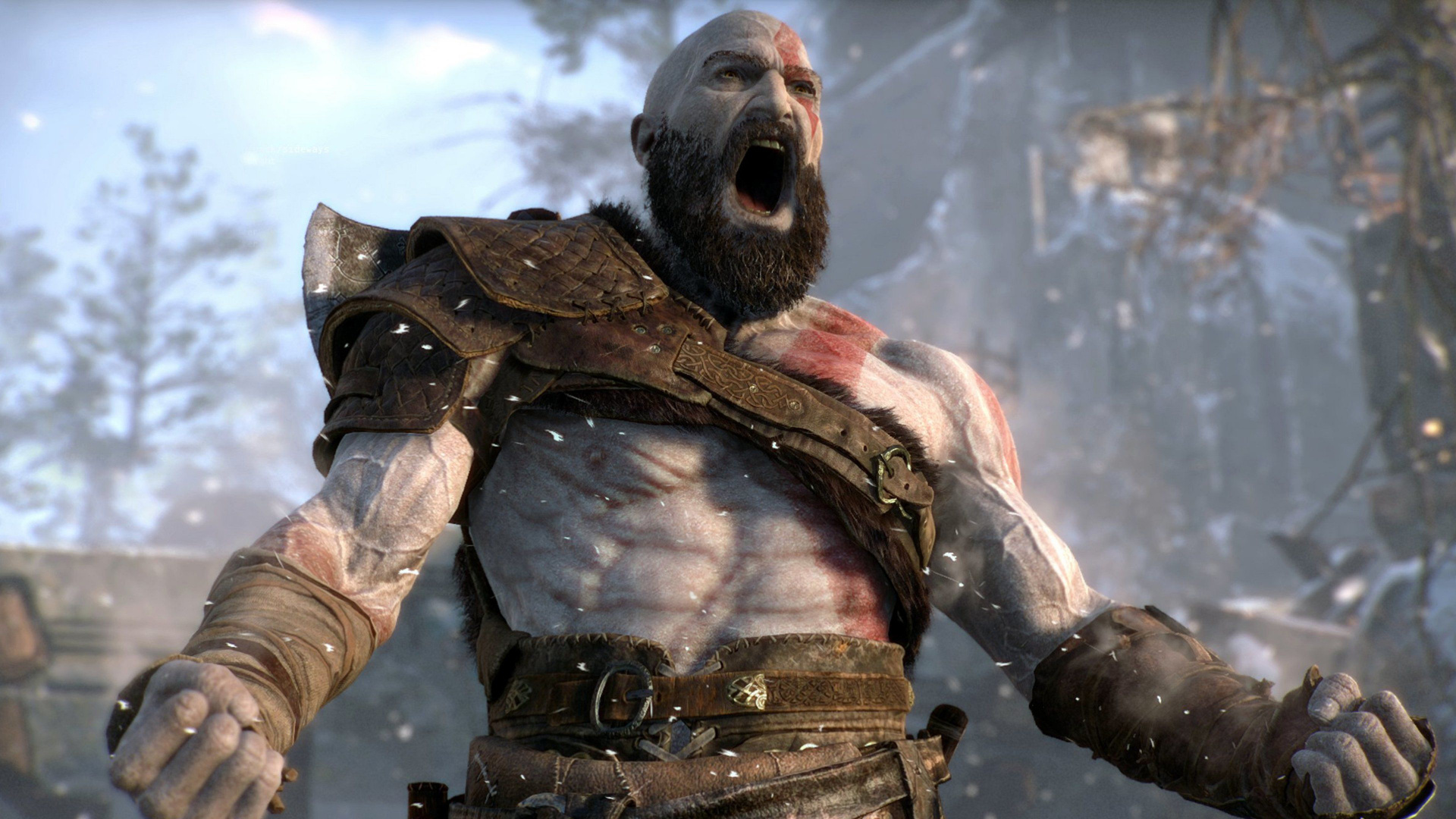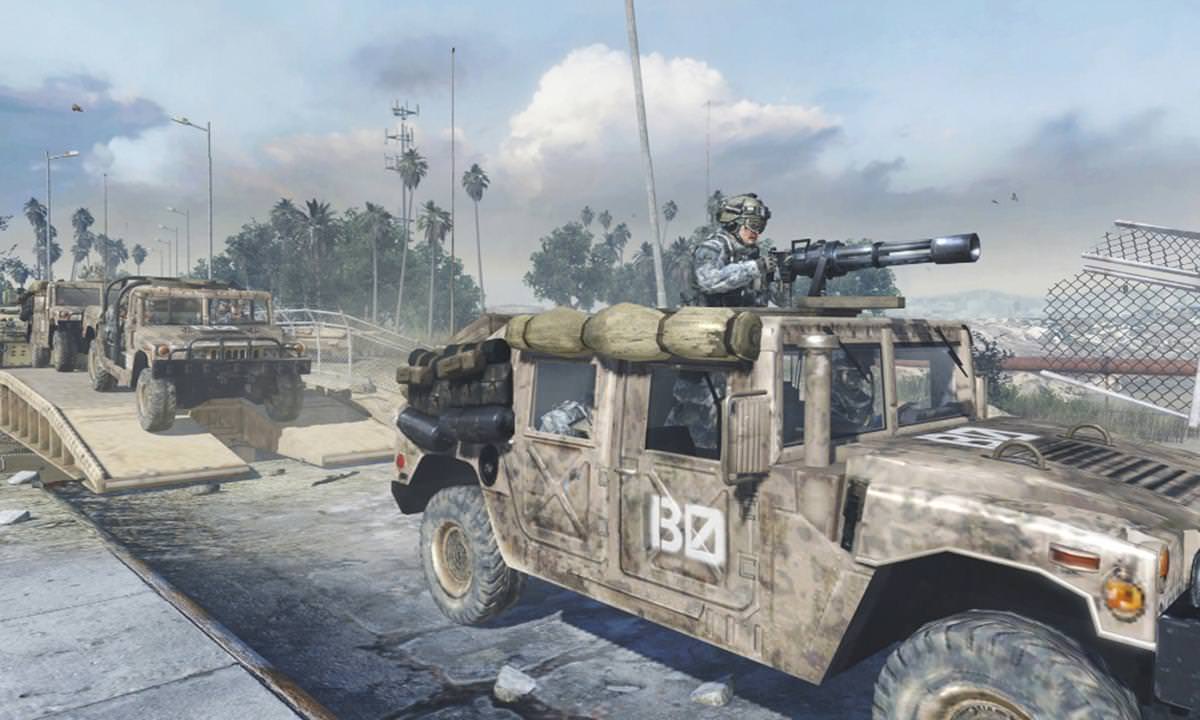This is another installment of Semenov&Pevzner’s overview of major lawsuits and infringements affecting the gaming industry.
This overview covers the second half of 2020. You may access the previous installment of this overview, covering the period from December 2019 to April 2020.
The report was prepared by Alexey Pereverzev, Lawyer at Semenov&Pevzner, and Ekaterina Smirnova, Managing Partner at Semenov&Pevzner St Petersburg Office.
Alexey Pereverzev and Ekaterina Smirnova
This is Part One of Two. It will deal with copyright, trademarks, and patent rights.
Copyright
A modern video game is a complex multimedia product that comprises multiple pieces of intellectual property, such as software, music, graphic interface, characters and script. All of these objects are copyright works in their own right. It is not surprising, then, that one often hears about authors and other right holders’ claims of unlawful use of the fruits of their creative labor. Nor is it rare that the video game proper – or its integral parts – are used without the right holder’s consent.
1. Settlement of the dispute between Take-Two and an independent developer behind Red Dead Redemption mods
In Part II of our review we wrote about a lawsuit filed In December 2019 with the Southern District of New York by Take-Two Interactive, the publisher of the popular Red Dead Redemption series, against developer Jonathan Wyckoff. The publisher sought a ban on the developer’s unlawful modification of Take-Two games.
In September 2020 the dispute was settled and the settlement confirmed by the court. The deal saw Wyckoff admitting to having infringed the rights of Take-Two and the parties agreeing on a permanent injunction that prevents the developer from, among other things, infringing Take-Two copyright by creating derivative works based on any software belonging to the publisher, including Red Dead Redemption, Red Dead Redemption II, and Grand Theft Auto.
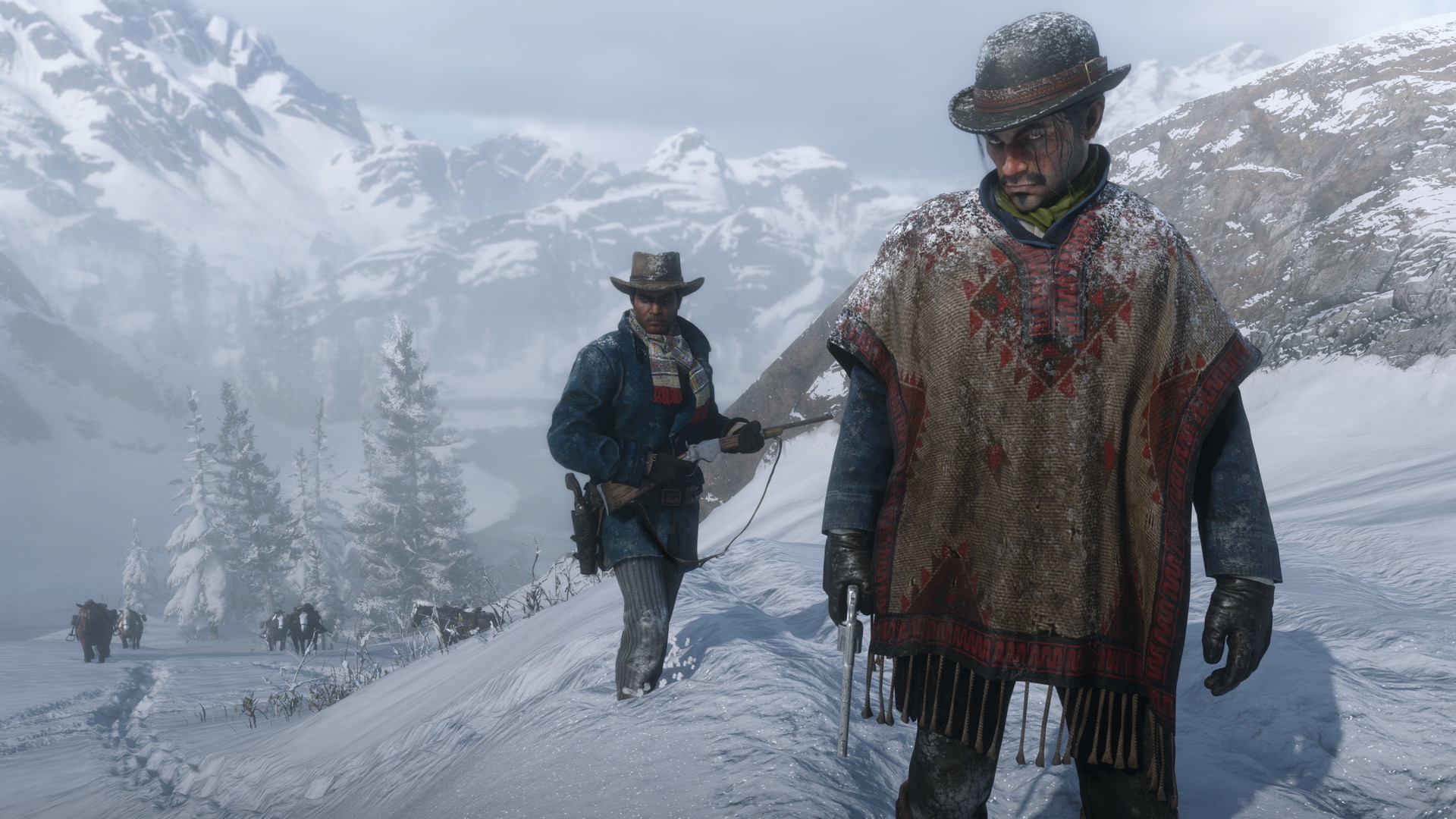
Red Dead Redemption II
Wyckoff also agreed to not create, develop, advertise, promote or distribute any configuration files that alter Take-Two Software through any means – as well as not to induce or materially contribute to the direct infringement or altering of any of Take-Two’s existing or future copyrighted works by others.
At the same time, the terms of the settlement do not call for any compensation to be paid to Take-Two. Although, should Wyckoff breach the agreement, he will be liable for damages.
2. Gearbox Software and Apogee Software row over the soundtrack in Duke Nukem 3D: 20th Anniversary World
In June 2020 Gearbox Software, the developer of the Borderlands franchise, filed a lawsuit with the Federal District Court in the Eastern District of Tennessee against Apogee Software, the holding company of 3D Realms, for breach of a contract the parties had entered in 2009.
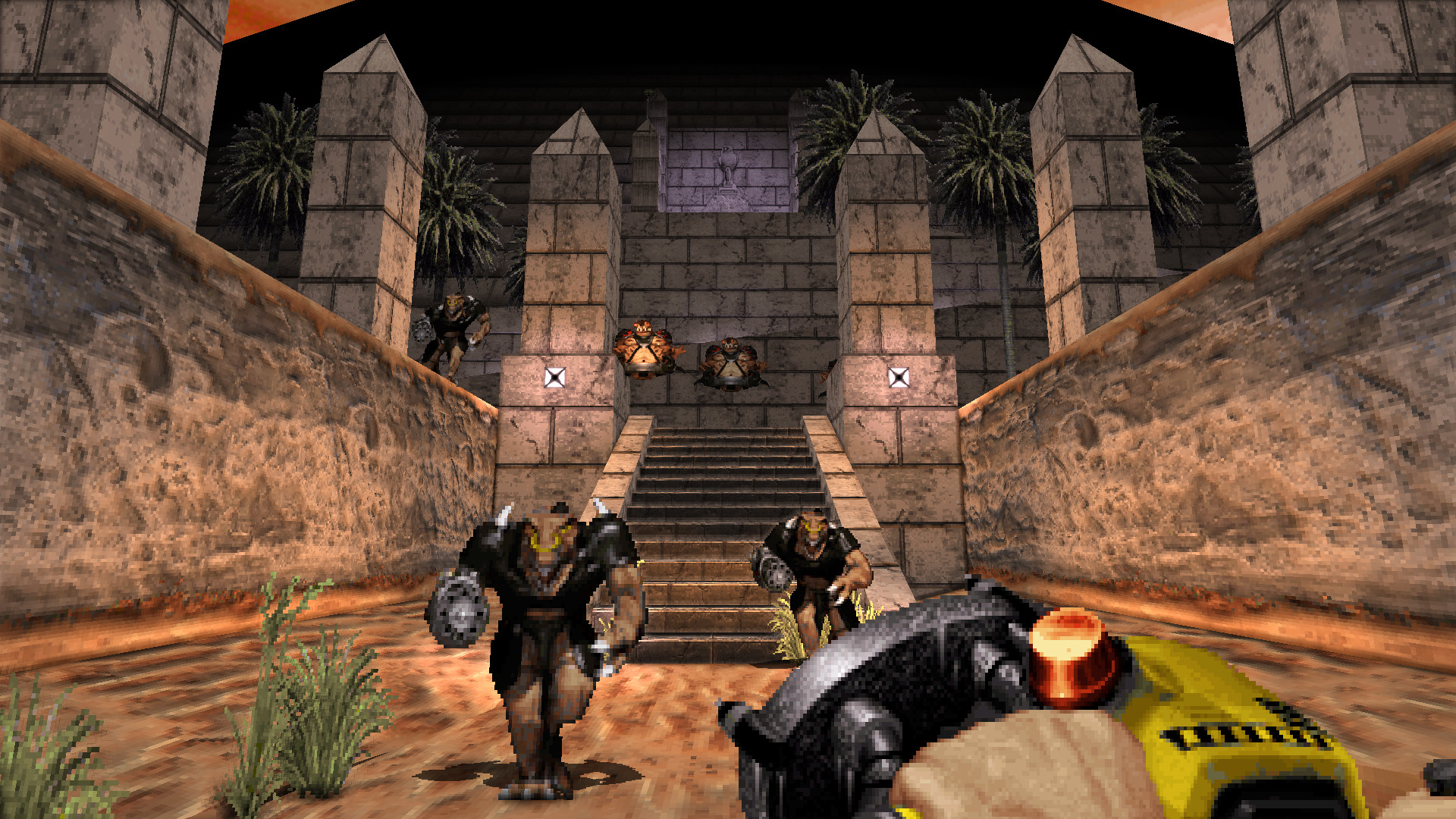
Duke Nukem 3D: 20th Anniversary World
3D Realms had sold the Duke Nukem IP to Gearbox, with customary assurances to the effect that the series did not infringe any copyright and was free from third party claims. Gearbox was now claiming that the intellectual property was not, in fact, “free and clear,” and that material circumstances had been withheld from it.
This lawsuit followed after Robert (“Bobby”) Prince, a composer and sound designer, sued Gearbox in September 2019 for unpaid royalties. Citing a license agreement, the musician alleged he owned the copyright in certain music featured in Duke Nukem 3D: 20th Anniversary World Tour.
Litigation continues.
3. Voodoo’s victory over competitor Zynga in a dispute over plagiarized key game components
Before Zynga, the company behind FarmVille, acquired the Istanbul-based Rollic Games for $168 million in August 2020, Rollic Games was sued, along with Hero Games, by the French mobile games publisher Voodoo in January 2020. The lawsuit came after the release of an update for Wood Shop, the free game where users carve objects out of virtual pieces of wood.
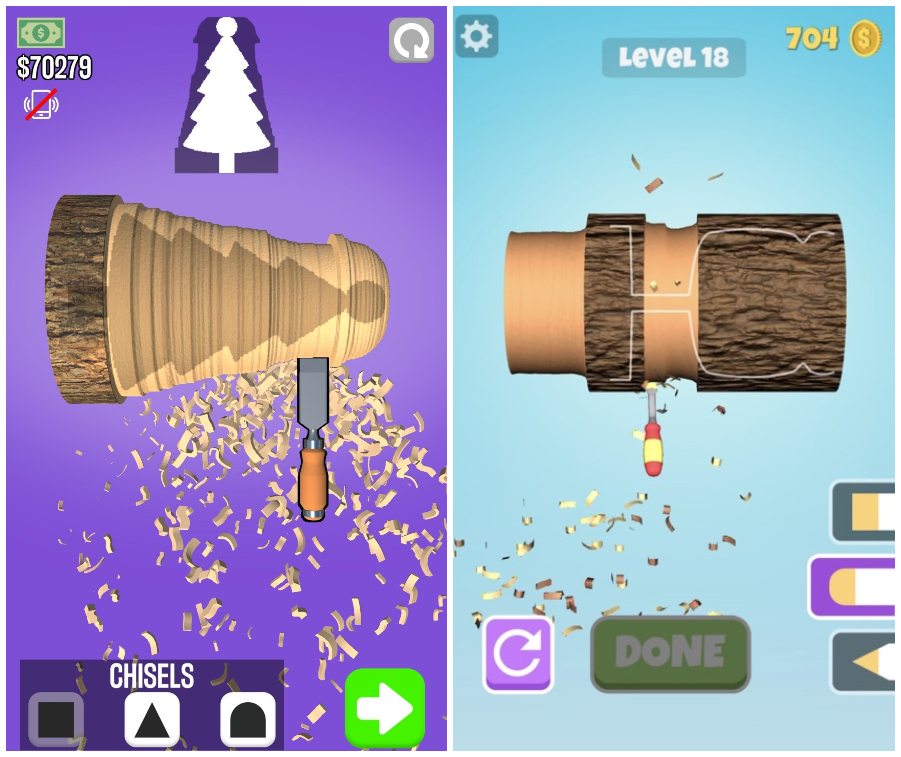
Left: Woodturning (Voodoo); right: Wood Shop (Hero Games)
Voodoo claimed that the new features of Wood Shop, including wood polishing and painting, as well as the use of real-life objects in place of abstract forms, were among the distinctive features of Voodoo’s game Woodturning, and that they had been simply copied into Wood Shop.
In September 2020 a court in Paris resolved the dispute by ordering Rollic and Hero Games to pay €125 thousand to Voodoo for economic and reputational loss, and by prescribing the removal of Wood Shop from Google Play and App Store. Additionally, Voodoo was free to choose three newspapers or magazines where the court’s order would be published.
Notably, Voodoo itself was a target of similar claims from its other competitors. One such claim came from the developer Ben Esposito, who was alleging that Voodoo’s game «hole.io», which topped App Store free app charts in June 2018, utilized the mechanics from Esposito’s Donut County. Other games by Voodoo, including Infinite Golf and The Fish Master, have also been criticized for being too similar to other developers’ works.
The copying of game mechanics is rampant on the market for hyper casual games, which are relatively easy and quick to develop and test, and tend to have lead times of several weeks. Voodoo’s spokesperson believes that the Paris ruling sets a precedent for hyper casual game developers.
4. Ubisoft sued Apple and Google for distributing a clone of Rainbow Six Siege
Ubisoft’s lawsuit against Apple and Google was filed in May 2020 with the Federal Court in Los Angeles, after the defendants refused to remove Area F2 from their distribution platforms.
According to the plaintiff, virtually every aspect of Area F2 is copied from R6S, starting with the operator selection screen and all the way to the final scoring screen.
The first hearing took place on May 15th, 2020. The court conceded that Area F2 was a virtually complete copy of the French publisher’s tactical shooter.
The lawsuit was withdrawn the following week, after Area F2 was removed from Google Play and App Store. However, the reason behind the removal was not the court’s earlier opinion or a desire to protect copyright: the game’s creators had announced they would no longer support the game and that the entire project would be reworked, from design to gameplay components.
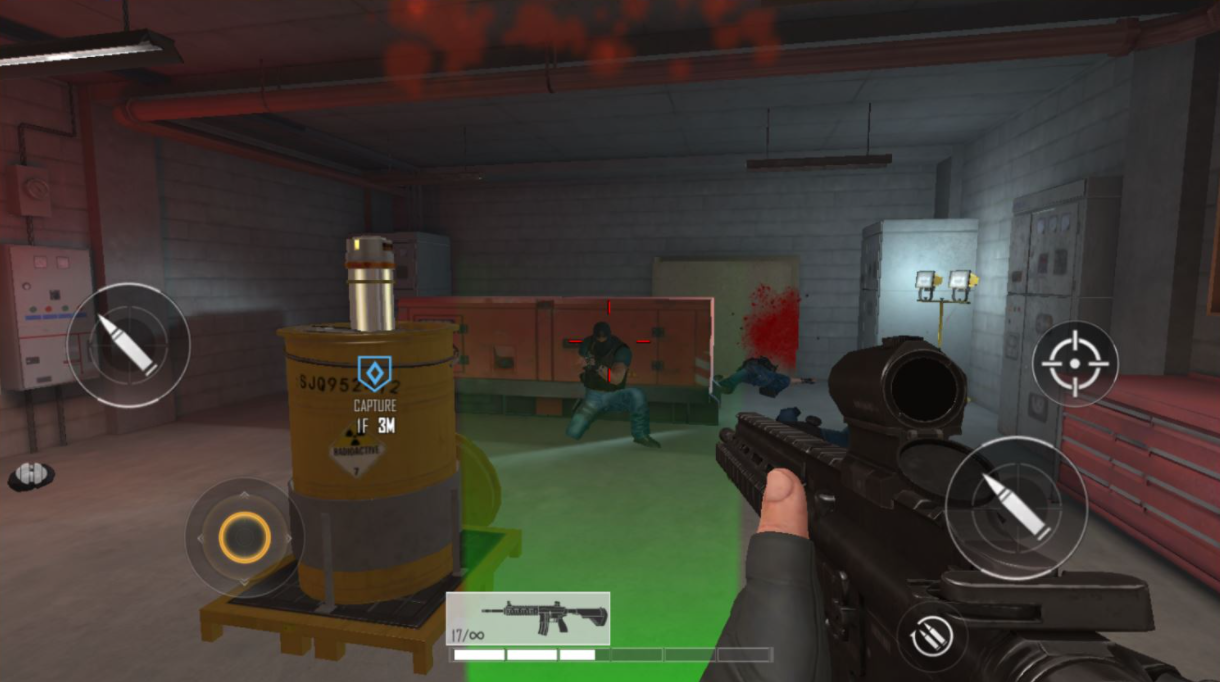
Area F2
5. Visuals from GTA copied in the interior design of a Ukrainian supermarket chain
Ukraine’s large supermarket chain Silpo opened a new branch in Lviv in early November 2020, with store interior featuring fonts, artwork, and the general visual scheme from the game GTA.

Ukraine’s supermarket chain Silpo
It goes without saying that such copying in the absence of appropriate licensing arrangements or other permissions from right holders would amount to a breach of their intellectual property rights, and could result in a lawsuit. It remains to be seen whether Rockstar North, the developer, and Rockstar Games, the publisher, are aware of such use of their intellectual property.
6. New dispute over images of tattoos in Take-Two Interactive games
In previous installments of this digest we wrote about the feud between Solid Oak Sketches, a tattoo parlor, and the developers of the simulator NBA 2K that was prompted by the use of images of LeBron James’s tattoos in the game. The federal court in New York sided with the game developers and LeBron himself, ruling that the use of tattoo images was minimal and that there had been an implied license to use them.
One would think that this should have put an end to disagreements over the use of tattoo images by Take-Two, however, in September 2020 wrestler Randy Orton’s former tattoo artist, Catherine Alexander, sued the publisher and World Wrestling Entertainment, Inc. in connection with an alleged breach of her intellectual property rights in the wrestler’s tattoos, as featured in the WWE 2K series.
Things are already looking different for Take-Two this time around. On September 26th, 2020 a federal judge in Illinois delivered an expedited partial judgment that confirmed that WWE and Take-Two Interactive Software had indeed copied Alexander’s works. Now the jury will answer remaining questions, and in particular whether Orton has received a license to distribute and demonstrate the six works by the tattoo artist.
The wrestler has confirmed that he perceives his tattoos to be a part of his image, and that he had never been told that he would need an additional permission to make them visible.
Randy Orton as depicted in WWE games published by 2K
Take-Two cannot re-use the same defense in these new proceedings, as the common law de minimis principle that they relied on in the case against Solid Oak, and which helped to prove the absence of breach, has not been established in case law in the Seventh Circuit — which is where this case is being tried. Judge Staci Yandl has written to underline that the defense has at times been successfully relied upon where copying of a small and usually insignificant portion of the copyrighted work has taken place, as opposed to the “wholesale” copying as occurred in this case. However, there are voices that criticize that approach, explaining that the de minimis principle is not rooted in the quantitative criterion and looks instead at the effect that copied works have on the overall object in which they are being used. Hence the New York court’s decision that, despite the fact that LeBron’s tattoos had been fully visible, they formed part of the player’s image and were not themselves intended to attract the player’s attention.
Litigation continues.
7. Nintendo complains about copyright breaches by the fan community behind Super Mario 64
In early May 2020 a fan-made PC port of Nintendo classic Super Mario 64 became available online. Unsurprisingly, Nintendo’s lawyers were quick to complain to Google and YouTube seeking protection of the company’s infringed copyright.
The fans had released a full-capacity port DirectX 12 that offered a resolution of 4K, ultra-widescreen support and a gameplay benefitting from modern interfaces such as the Xbox One controller.
In the complaint sent to Google Nintendo noted that the software that was being distributed contained “an unauthorized derivative work based on Nintendo’s copyrighted work.” As a result, copies of the game were removed from a number of platforms, as were several mentions on Reddit and YouTube videos with game reviews and gameplay recordings.
That was not the end of Nintendo’s work regarding the port, though. In July 2020 the PC version of Super Mario 64 saw a release of an update that improved the graphics and increased the refresh rate to 60Hz. The port’s developers also published a tutorial video about assembling the PC version of the game. Nintendo launched another offensive against the update, which led to the removal of the files with the game from various platforms, as well as the removal of video reviews on YouTube.
Modded Super Mario 64 PC port
8. Nintendo sues online stores distributing cheats and mods by Team-Xecuter
The question whether the use of cheat codes (hacks), being pieces of software that offer player advantages beyond those designed by the game developer, amounts to a breach of the developer’s rights that fall within the scope of copyright, is not always a straightforward one.
In May 2020 Nintendo filed two lawsuits against nine online stores which, according to the company, sell mods and hacks for Nintendo’s console Switch. The first of the two defendants is the supposed operator of UberChips Tom Dilts Jr, who was sued in Ohio. The second lawsuit is aimed at unidentified owners of Anxchip.com, Axiogame.com, Flashcarda.com, Mod3dscards.com, Nx-card.com, Sxflashcard.com, Txswitch.com and Usachipss.com. Five of these stores also sell unlicensed games and stand accused of unlawful copying and distribution of infringing content.
The lawsuits say that the defendants are the owners of online platforms selling devices, the sole purpose of which is to hack Nintendo Switch and allow players to access unlicensed copies of video games. Among those on offer are the products of Team-Xecuter, the maker of the unlawfully produced operating system labelled SX OS, and ancillary devices enabling its installation.
UberChips owner has not publicly admitted any wrongdoing, but it transpired in October 2020 that the parties had settled the dispute for $2 million, payable to Nintendo, and that the domain name and social media accounts of UberChips were to be transferred to the company. Dilts Jr also undertook to not sell products by Team-Xecuter and destroy all stock.
Litigation continues in relation to the eight remaining defendants. Nintendo demands damages and an injunction that would put an end to the online stores’ distribution of infringing items, mandate the destruction of stock and arrest or block associated domain names.
Trademarks
Trademark is a product identification tool that, too, can be used in a video game — be it in the game’s title or as part of the gameplay. It is sometimes the case, however, that such use has been authorized by the right holder and is not otherwise lawful, which prompts trademark protection lawsuits.
9. Microsoft attacks third party Minecraft trademark in Russia
In October 2020 Microsoft together with its subsidiary developer Mojang Synergies AB sued a wholesale trader “City” in Russia’s Intellectual Property Court, looking to cancel the defendant’s trademark MINECRAFT (Russian trademark registration number 515887).
The hit game Minecraft, developed by Mojang, is owned by Microsoft, which acquired Mojang in 2014. Because of City’s trademark, Microsoft cannot extend the registration of its own identical trademark to Russia.
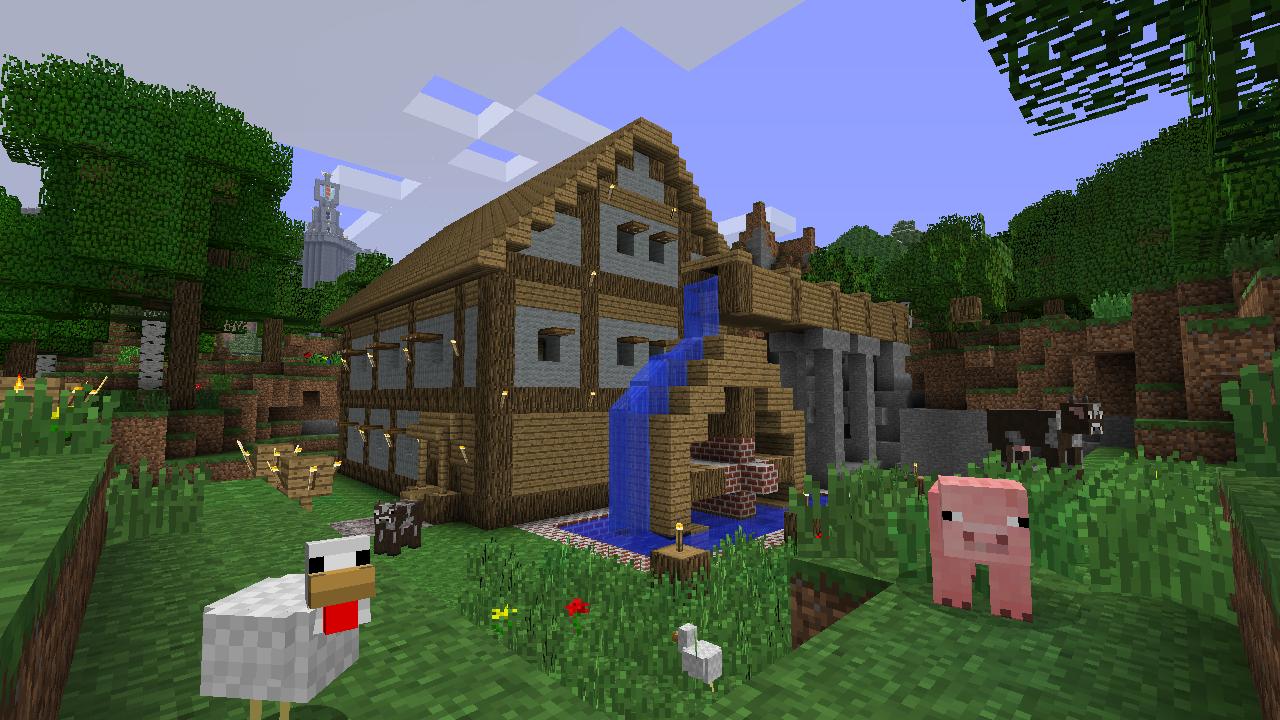
Minecraft
In support of its claim, Microsoft points out that City’s trademark, registered in 2014 in classes 35 and 41, is not in use — and under Russian laws, a trademark that has not been used for three years can be vulnerable to cancellation on those grounds.
In a hearing on December 18, 2020, the court held the decision in favor of Microsoft. The reasoning of the decision is to be published later.
10. Sony, the company behind God of War, successfully cancels Russian trademark Lord of War
In October 2020 Russia’s patent office revoked the registration of the trademark Lord of War registered in the name of Beijing Elex Technology Co., Ltd. The decision came in response to an application by Sony, the owner of God of War trademark.

Sony’s lawyers successfully argued that the Chinese right holder of Lord of War had attempted to commercialize a product resembling the series God of War, which has received multiple Game of the Year nominations since 2005. The commonality of concepts and ideas, the font and phonetic similarity were enough to revoke the registration.
Kratos unhappy about Russian trademark Lord of War
By way of further evidence Sony had submitted results of a survey, according to which 53% of respondents had found the two trademarks similar, 52% could have perceived the game Lord of War as a spin-off of God of War, and 39% said they could have simply confused one game with the other.
11. Manchester United sues Sega following the release of Football Manager for featuring the club name and logo in the game
Manchester United FC has taken Sega Publishing and Sports Interactive Limited, the Football Manager publisher and developer, to court in Great Britain. According to the club, the creators of the series breached its rights in the trademark MANCHESTER UNITED by repeatedly using the name of the club in the game, along with the distinctive white and red color scheme on an anonymized logo.
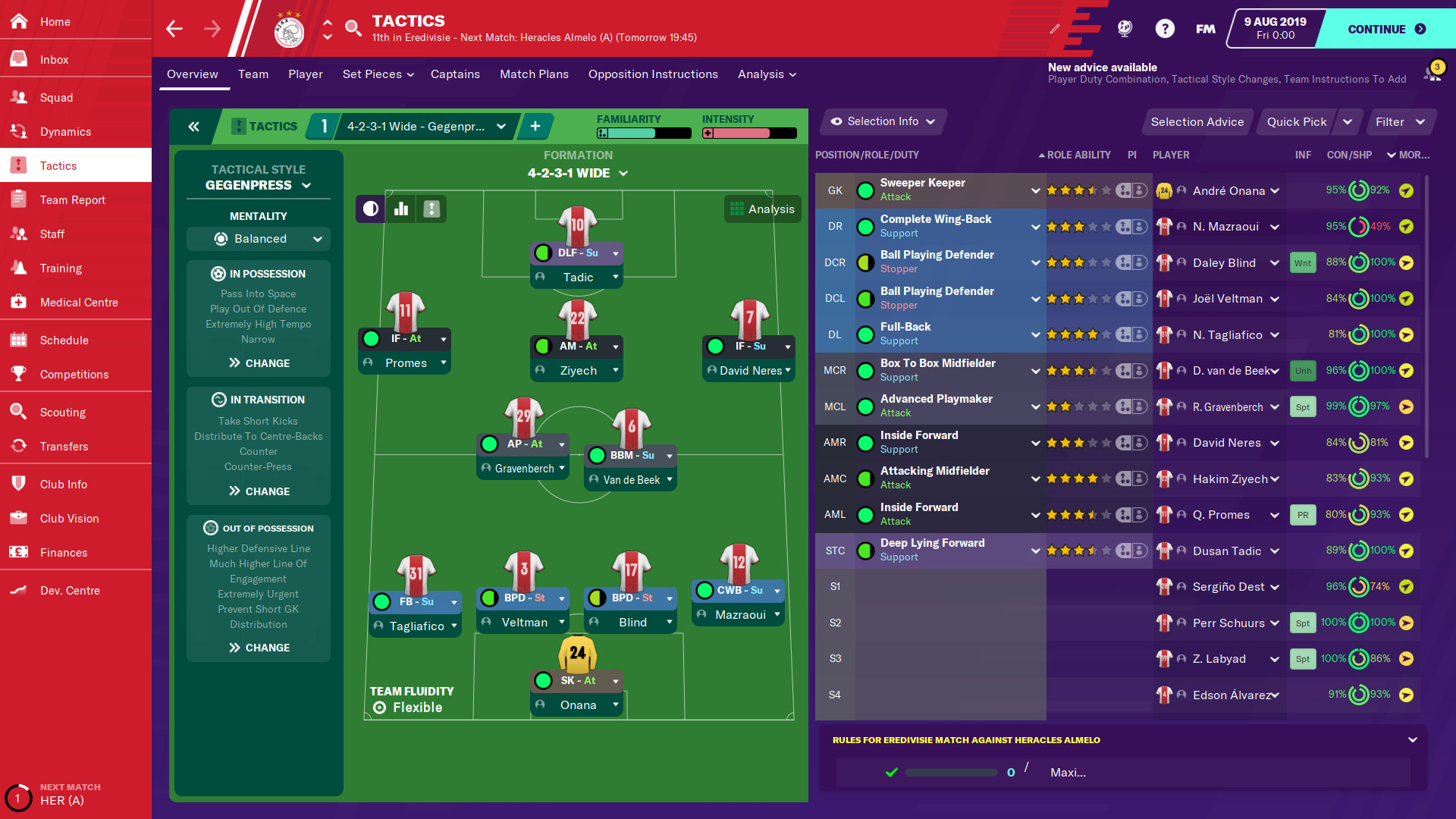
Football Manager
According to the representatives of SEGA and SI, the club’s name had been used in the series since 1992 without attracting any claims. What is more, copies of the game had been sent to the officials and players of the club, and also earned positive reviews in the media.
In May 2020 Manchester United petitioned to amend its original claim in relation to the game’s unlawful use of third-party patches, downloadable from the likes of sortitoutsi.net, tcmlogos.com and fmscout.com and allowing players to use logos for their teams. However, in June 2020 the court struk down that petition.
Litigation continues.
12. Activision’s long-awaited victory in the case against AM General
In 2017 AM General, the maker of military vehicles Humvee, sued Activision claiming that the depiction of Humvee cars in the studio’s Call of Duty amounted to a trademark infringement and false advertising, because the brand name is mentioned in the game on a number of occasions, and game characters interact with the car.
Activision did not deny the image of Humvee was used in the game but emphasized that they were entitled to make use of the trademark in order to re-create a realistic military environment.
In its decision dated March 31st, 2020 the District Court of New York District accepted Activision’s position and cited the First Amendment and Activision’s liberty to evoke a sense of realism through their use of the trademark.
The court applied the Rogers test, according to which there must exist a balance between trademark rights and the freedom of speech, and that the former should not normally get preferential treatment. The outcome could have been different if the use of the trademark had no artistic relevance in the context of the game or, having such relevance, resulted in confusion over the origin and contents of the work.
Patent rights
Video game development, and console game design in particular, calls for innovative technical solutions that improve gameplay and lead to competitive advantages that make the game even more attractive to the user. These technical solutions are often subject to patents and protected by law.
13. Creators of Clash Royale found to have infringed patents and ordered to pay $8,5 million
In September 2020 the Finnish developer Supersell, the maker of the popular mobile game Clash Royale, lost a legal battle in the District Court for the Eastern District of Texas. They had been sued by the Japanese competitor Gree Inc. in connection with patent infringements.
The court established that Supercell had infringed four patents belonging to Gree Inc. and containing solutions for managing and presenting downloaded smartphone games, managing in-app purchases and inter-player transfers, and improving the visuals in multi-player games.
The $8.5 million was the adjudicated amount of lost profits, past and future, payable to Gree Inc. Notably, because the jury deemed the infringement to be a mala fide one, the judge may still increase the awarded amount threefold.
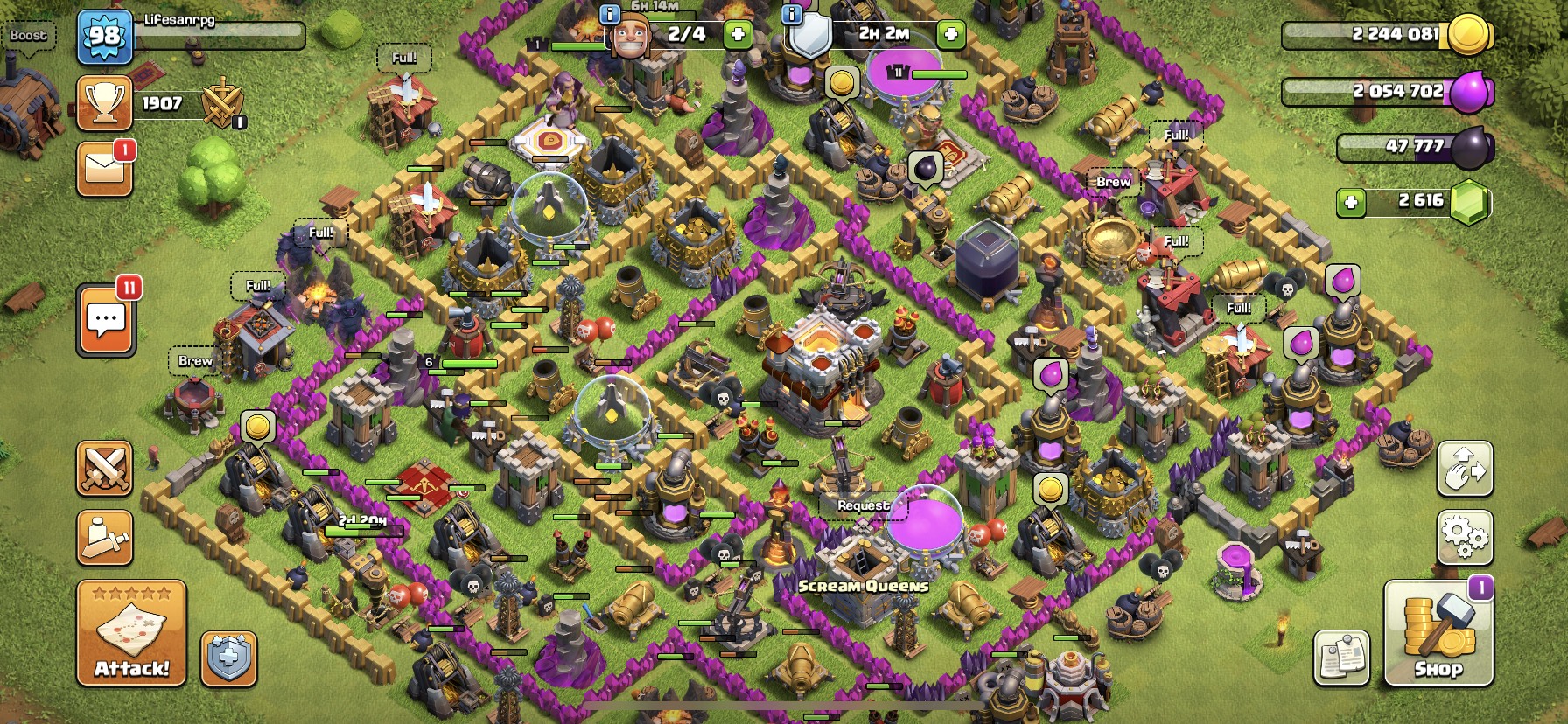
Clash Royale
14. Augmented reality patent-holders sue the developer of Pokémon GO
In September 2020 NANTWORKS, LLC and NANT HOLDINGS IP, LLC accused Niantic, the developer of Pokémon GO, of infringing their patents that, according to the plaintiffs, describe novel AR systems.
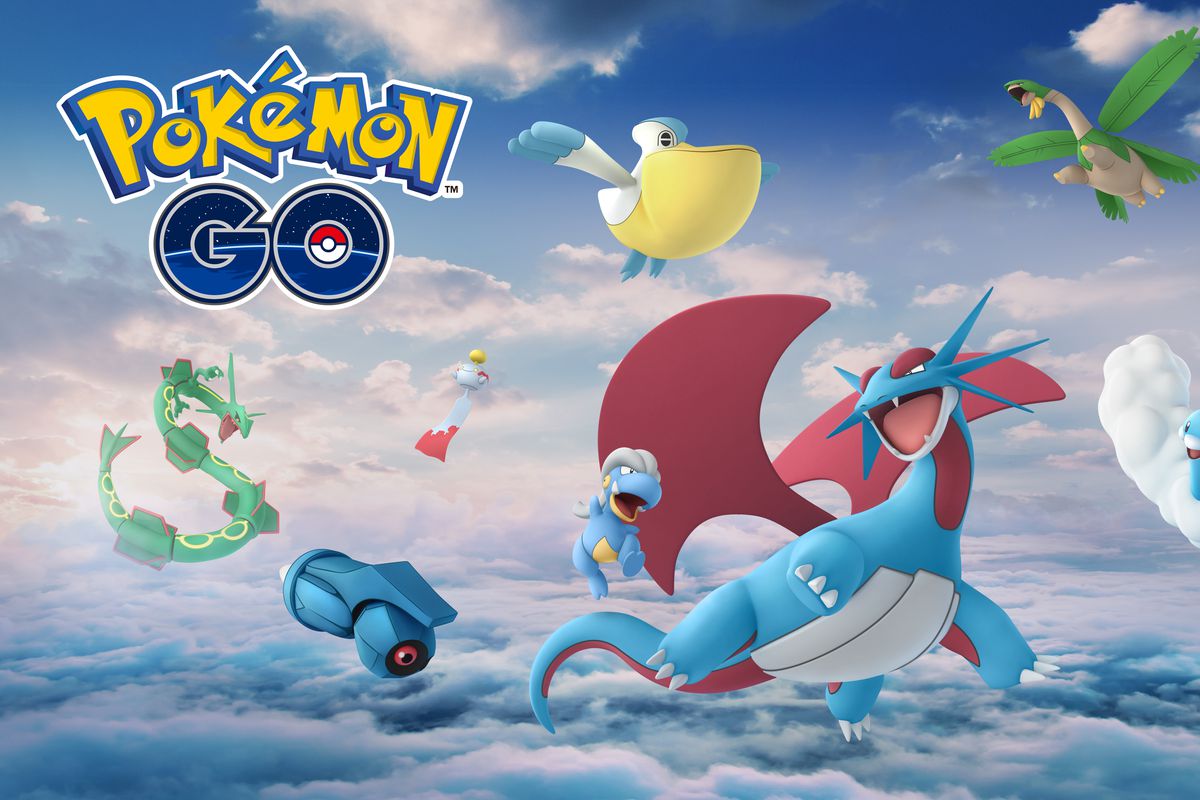
Niantic’s use of such AR systems as object recognition and location tracking in Pokémon Go allegedly infringed various aspects of the plaintiffs’ patents to the extent they relate to the creation of real-life platforms for AR games, location sensor technology, and enabling access to a map that shows the “real-world location around the mobile device running the Pokémon Go App.” The plaintiffs go even further, suggesting that the game makes an unlawful use of the process that enables two players to take part in an in-game transaction, as well as of geospatial detection and analysis allowing the translation of life depictions into the game, and the “association” of AR content objects, which enables them to appear in in-game scenes.
Litigation continues.
15. World Inc. continues to defend its patent that could have been used in Minecraft
In September 2020 Worlds Inc., a leading game developer and holder of an impressive intellectual property portfolio including several patents in relation to 3D virtual worlds, sued Microsoft in the Western District of Texas for patent infringement stemming from the use of a patent in Minecraft.
The lawsuit relates to a US patent № 8,082,501 dealing with “methods used for improving network communications and managing client processing burdens in a multi-client/server architecture used in a three-dimensional, computer-generated, graphical, multi-user, interactive virtual world systems such as those found in multiplayer gaming”.
According to World Inc., Microsoft “made, used, sold, offered for sale, and/or imported in the United States” items that infringed the patent in question and “benefitted from users who used their Microsoft Minecraft accounts and played Minecraft in a multiplayer mode, which provides a server/client architecture with filtering/crowd control features for multiplayer use” via various servers and Minecraft software, as described in the patent.
World Inc. demanded a declaration confirming Microsoft’s patent infringement, as well as damages.
Litigation continues.
***
And so does this overview. Check out Part Two which deals with image rights, personal data, gambling, as well as various cases indirectly affecting the video games industry.
Click here to read more about the team at Semenov&Pevzner and what we do for the gaming industry.


